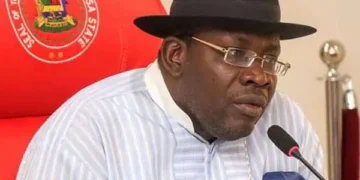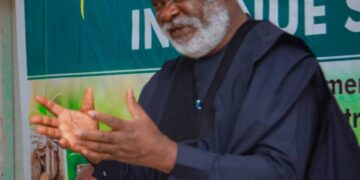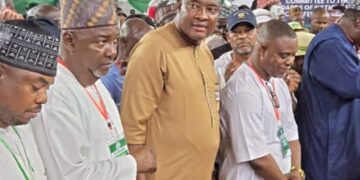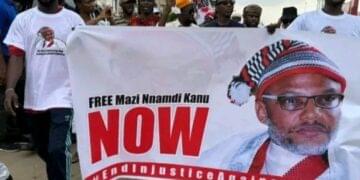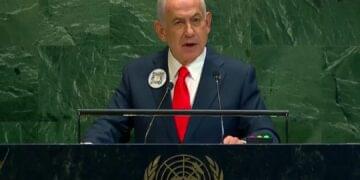The Trade Union Congress (TUC) has rejected the Federal Government’s planned implementation of a 5% surcharge on petroleum products, warning that it could trigger a nationwide shutdown if not withdrawn within 14 days.
The new tax law imposes a 5% surcharge on chargeable fossil fuel products, applicable at the point of supply, sale, or payment.
The Presidential Fiscal Policy and Tax Reforms Committee has, however, clarified that the surcharge is not a new levy introduced by the Tinubu administration. In a frequently asked questions document released on Saturday, the committee’s chairman, Taiwo Oyedele, explained that the charge has existed since the Federal Roads Maintenance Agency (Amendment) Act, 2007, but was restated in the new tax act for harmonisation and transparency.
Oyedele further defended the surcharge as a measure to provide steady funding for road infrastructure, noting that more than 150 countries already charge similar or higher rates.
In a statement on Monday signed by TUC President, Festus Osifo, and General Secretary, Nuhu Toro, the union rejected the explanation, describing the policy as a “reckless act of economic wickedness” that would punish already struggling Nigerians.
The TUC argued that the policy was insensitive, given the hardship caused by petrol subsidy removal, soaring pump prices, rising food inflation, and a weakening naira.
“This reckless proposal is nothing but an act of economic wickedness against already overburdened Nigerians,” the union leaders declared.
“To now introduce another levy on petroleum products is to deliberately compound suffering, cripple businesses, and push millions deeper into poverty.”
The Congress said all its affiliates had been placed on standby and warned that a nationwide strike remained an option if government proceeded with the policy.
“Strike action is firmly on the table if government dares to ignore this warning and go ahead to implement this policy,” the statement added.
The TUC also called on civil society groups, student unions, market associations, religious leaders, and ordinary Nigerians to resist what it described as anti-people policies.
“Instead of offering relief, jobs, and solutions, this government has chosen to squeeze citizens dry,” the union said. “Enough is enough. Nigerians deserve economic justice, not endless punishment.”



